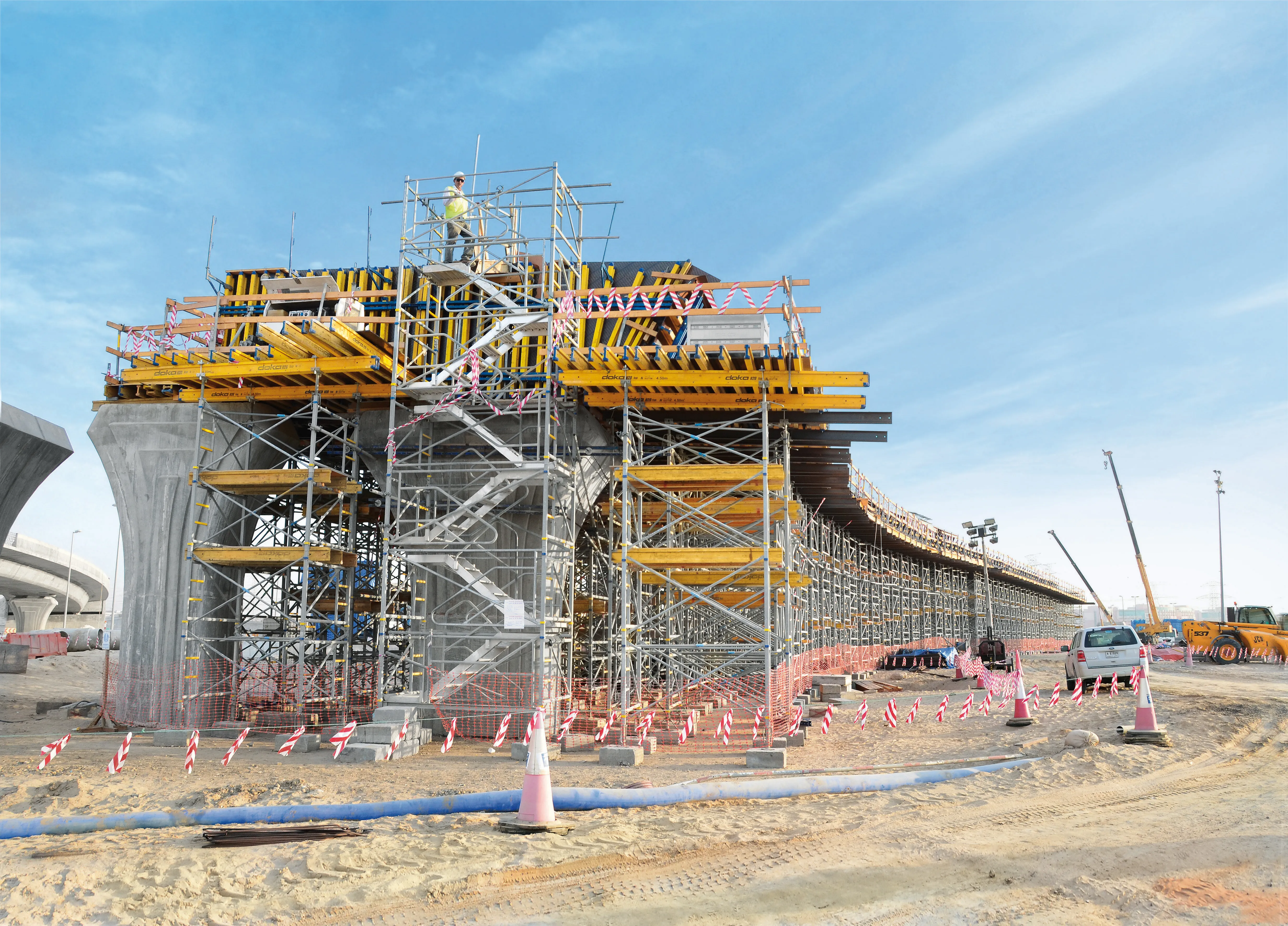December 12, 2016
The US state of Virginia has approved a US$4 billion project to expand the Hampton Roads Bridge Tunnel close to the city of Norfolk.
The state has been looking at designs for the past 20 years to improve traffic flow in the area, according to a report in the Virginian-Pilot newspaper. Hampton Roads is a body of water making up one of the world's largest natural harbours. The existing structure is close to the US Navy's Atlantic Fleet home base at Norfolk.
The four-lane Hampton Roads Bridge Tunnel (HRBT) is a 5.6km-long crossing for Interstate 64 and US Route 60. It comprising bridges, trestles, man-made islands and tunnels under the main shipping channels for Hampton Roads harbour in the southeastern Virginia.
The original two-lane structure opened 1957 at a cost of $44 million as a toll facility. Construction on a parallel bridge-tunnel facility began in 1972 at a cost of $95 million and opened in 1976 as a toll-free highway.
The HRBT project, known as Alternative A, was the smallest, cheapest and least environmentally damaging of the four proposals. The project includes adding a third tunnel and expanding nearly 20km of Interstate 64 to six lanes from four. However, only nine residential properties will be expropriated and just more than three hectares of environmentally sensitive wetlands will be affected, the newspaper reported.
Project completion is set for 2024.
The additional lane capacity in each direction would likely be high-occupancy toll lanes – a car with three people would travel toll-free during peak hours. Vehicles with one or two people would pay a variable toll based on congestion during peak hours. Buses also would use the new lanes while existing lanes would remain toll-free.
Another four-lane facility crossing Hampton Roads - the Monitor–Merrimac Memorial Bridge–Tunnel - was completed in 1992 and forms part of the Hampton Roads Beltway, a toll-free network.
The state has been looking at designs for the past 20 years to improve traffic flow in the area, according to a report in the Virginian-Pilot newspaper. Hampton Roads is a body of water making up one of the world's largest natural harbours. The existing structure is close to the US Navy's Atlantic Fleet home base at Norfolk.
The four-lane Hampton Roads Bridge Tunnel (HRBT) is a 5.6km-long crossing for Interstate 64 and US Route 60. It comprising bridges, trestles, man-made islands and tunnels under the main shipping channels for Hampton Roads harbour in the southeastern Virginia.
The original two-lane structure opened 1957 at a cost of $44 million as a toll facility. Construction on a parallel bridge-tunnel facility began in 1972 at a cost of $95 million and opened in 1976 as a toll-free highway.
The HRBT project, known as Alternative A, was the smallest, cheapest and least environmentally damaging of the four proposals. The project includes adding a third tunnel and expanding nearly 20km of Interstate 64 to six lanes from four. However, only nine residential properties will be expropriated and just more than three hectares of environmentally sensitive wetlands will be affected, the newspaper reported.
Project completion is set for 2024.
The additional lane capacity in each direction would likely be high-occupancy toll lanes – a car with three people would travel toll-free during peak hours. Vehicles with one or two people would pay a variable toll based on congestion during peak hours. Buses also would use the new lanes while existing lanes would remain toll-free.
Another four-lane facility crossing Hampton Roads - the Monitor–Merrimac Memorial Bridge–Tunnel - was completed in 1992 and forms part of the Hampton Roads Beltway, a toll-free network.






